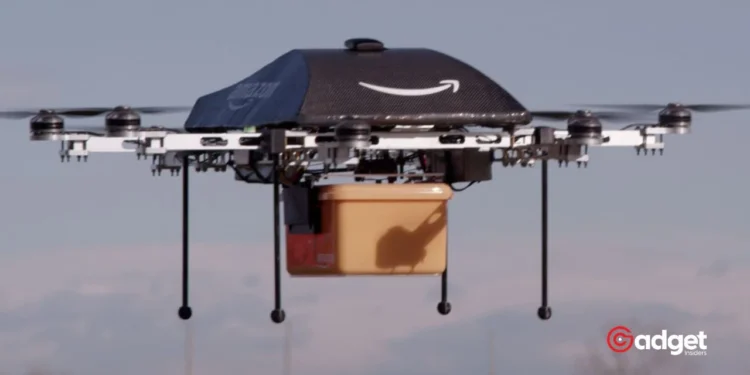In a significant boost to its innovative delivery solutions, Amazon has recently secured crucial approval from the Federal Aviation Administration (FAA) to advance its drone delivery program. This breakthrough paves the way for a future where drones could become a common sight in our skies, delivering packages directly to consumers’ doorsteps.
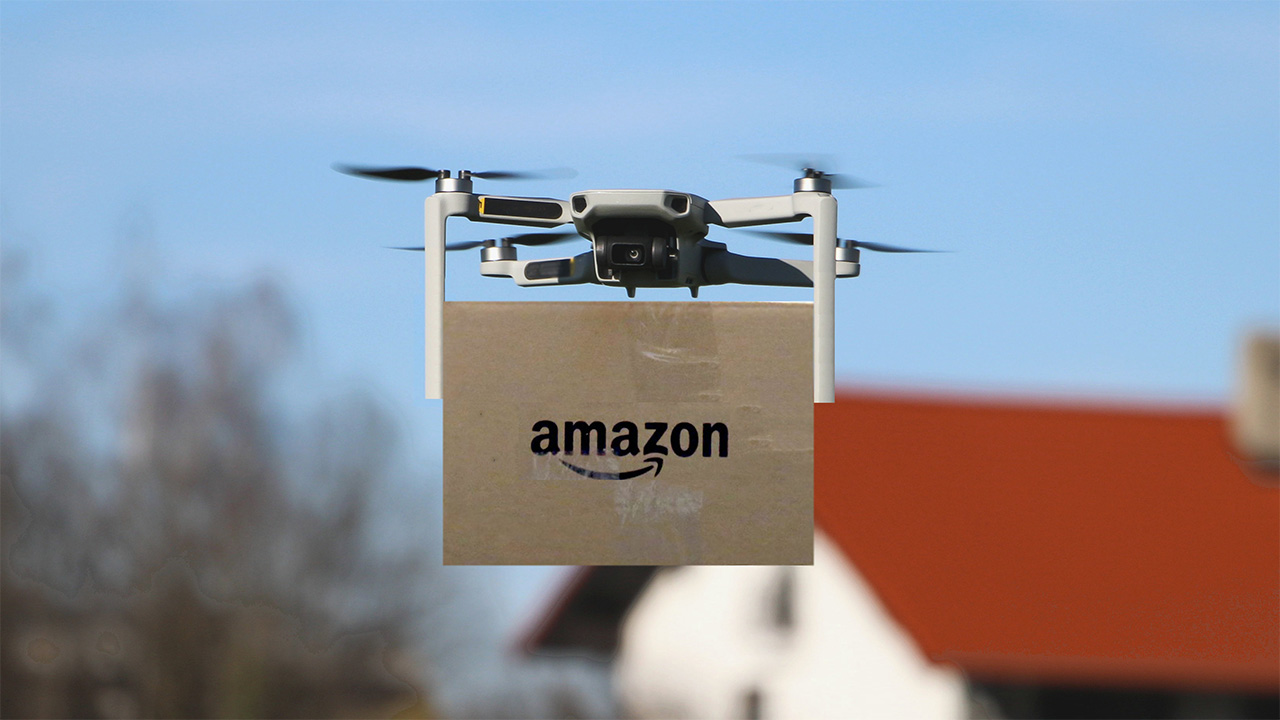
A Milestone for Prime Air
The FAA’s latest nod allows Amazon’s Prime Air service to operate drones “beyond visual line of sight,” a critical step forward that enables drones to travel longer distances. Previously, pilots had to maintain eye contact with the drones, but now they can operate them remotely, significantly enhancing the potential for widespread delivery services.
An FAA spokesperson confirmed that this new permission is initially applicable in College Station, Texas, where Amazon has been testing drone deliveries since late 2022. With this regulatory hurdle cleared, Amazon is set to immediately scale up operations in College Station, aiming to serve more densely populated areas.
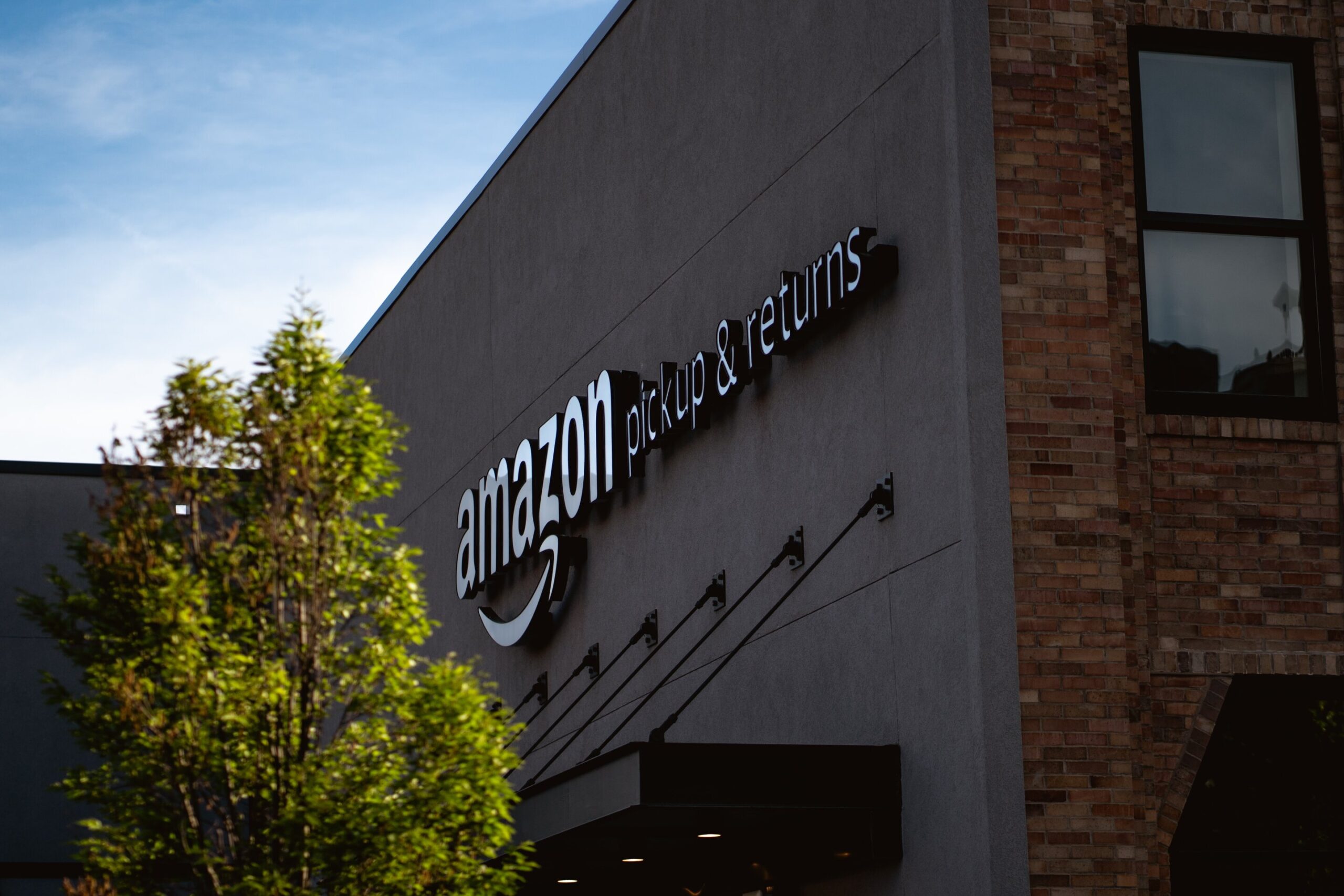
Scaling New Heights
Amazon’s journey towards integrating drones into its delivery network has been a long one. Back in 2013, Company founder Jeff Bezos forecasted drone deliveries within five years, a vision delayed by regulatory and technical challenges. However, this latest FAA approval marks a key achievement, aligning with Amazon’s ambitious plan to utilize drones for delivering up to 500 million packages annually by the decade’s end.
The company’s approach includes rigorous safety measures, ensuring that drones can detect and avoid obstacles autonomously. “Our drones are capable of safely navigating around other aircraft, helicopters, and even hot air balloons,” Amazon noted, reflecting on the extensive trials and demonstrations conducted in front of FAA inspectors.
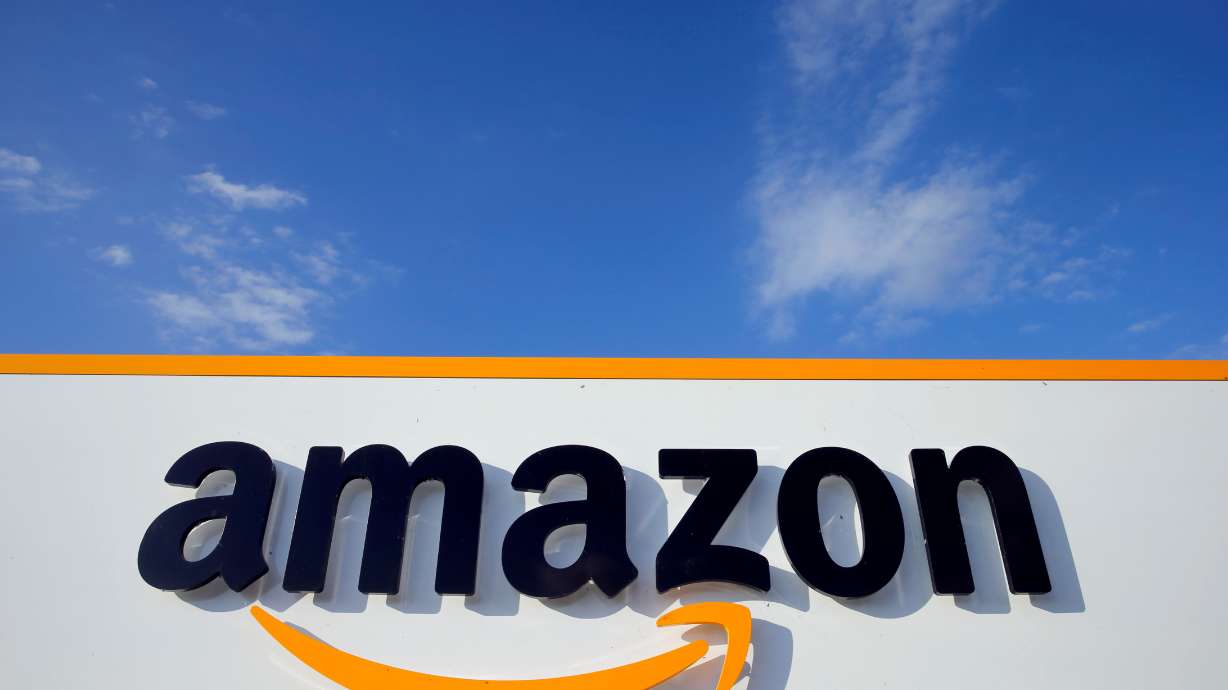
Concerns and Opportunities
While the expansion of drone deliveries promises efficiency and speed, it also raises concerns among privacy advocates and aviation professionals. The integration of drones into commercial airspace is a complex issue, requiring careful consideration of privacy, safety, and regulatory implications.
Nevertheless, the potential for drones to transform logistics is immense. Businesses eye simpler regulations that could open up the skies for various commercial drone applications, from quick deliveries to emergency medical supplies.
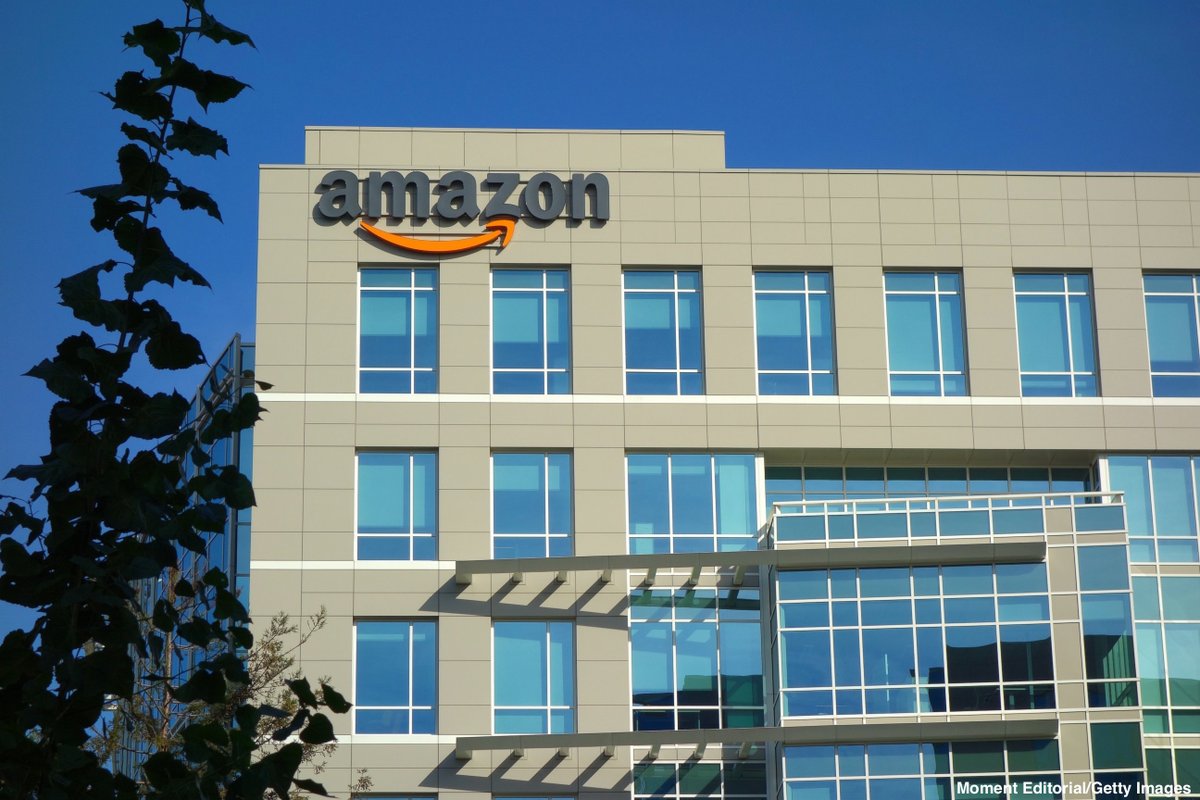
Amazon’s Drone Delivery Expansion: Transforming Logistics
As the company plans to extend its drone delivery service to more locations across the country, the landscape of logistics and delivery could be on the brink of a significant transformation. The move not only aligns with Amazon’s innovative culture but also sets a precedent for other companies looking to explore similar technologies.
In essence, company’s expanded drone delivery capabilities could herald a new era of convenience, reshaping how we think about buying and receiving goods. As these aerial couriers begin to fill the skies, the future of delivery is looking up—quite literally.

